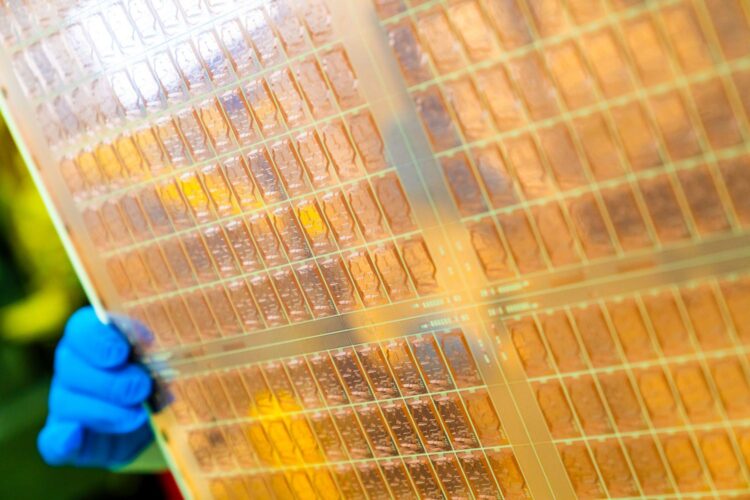Intel’s 18 Angstrom (18A) process node have reportedly produced yields that are worse than expected. According to the South Korean outlet, Chosun, the process node seemingly have a yield of only 10%, making them unfit for mass production.
The news sheds some light on an earlier report this year. Back in September, Reuters found out that the Broadcom, the semiconductor maker, was disappointed by the performance of Intel 18A after it had studied the lithography and concluded that the manufacturing process was far from viable for production.
The news isn’t comforting for the blue chipmaker, adding to its already burgeoning pool of bad luck. Just this week, its former CEO, Pat Gelsinger retired abruptly from his position was removed from the board of directors.
Intel is also still awaiting a payout of US$8.5 billion (~RM37.6 billion) in grants, promised by the US government through the country’s Chips and Science Act. The chipmaker says that it still hasn’t received a penny, while the country’s Department of Commerce has indicated its reluctance to release said funds is due to the company not providing it with the information it wanted.

Then there were the instability and degradation issues with Intel’s top-tier 13th and 14th Gen desktop processors. The chipmaker says that that problem has been resolved but not before the damage was done. Even worse, the damage was permanent and irreversible but on the plus side, Intel was willing to honour the warranty for said processors.
(Source: Chosun, TPU, Notebookcheck)



